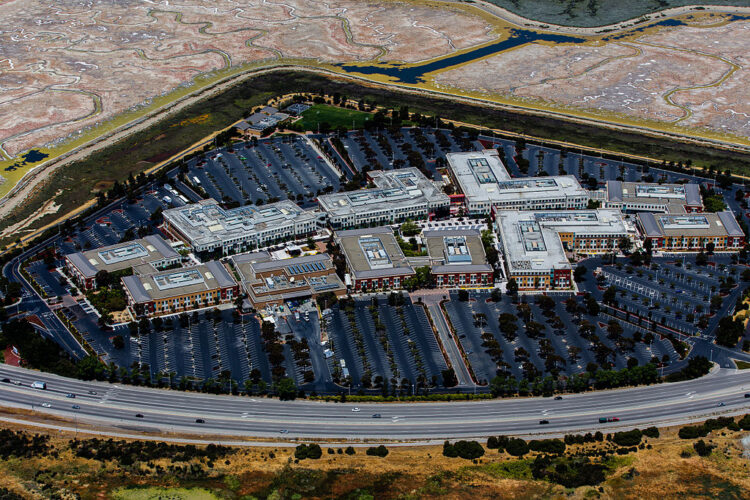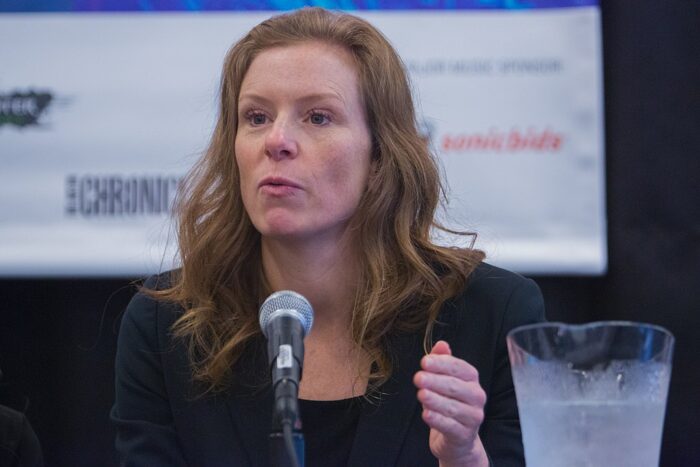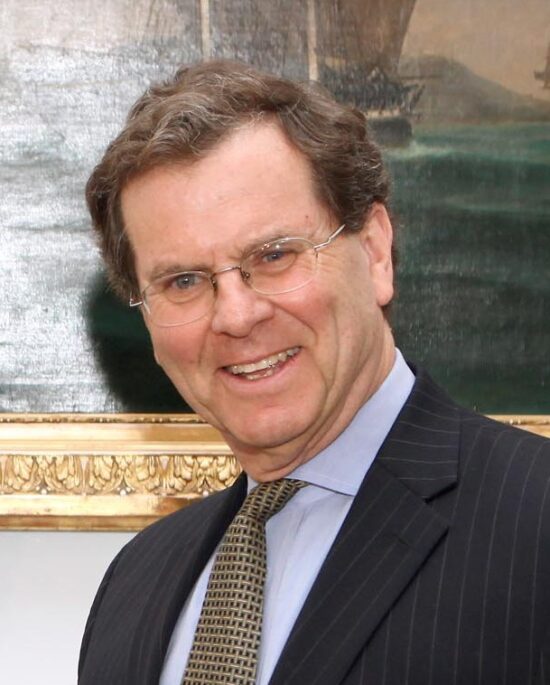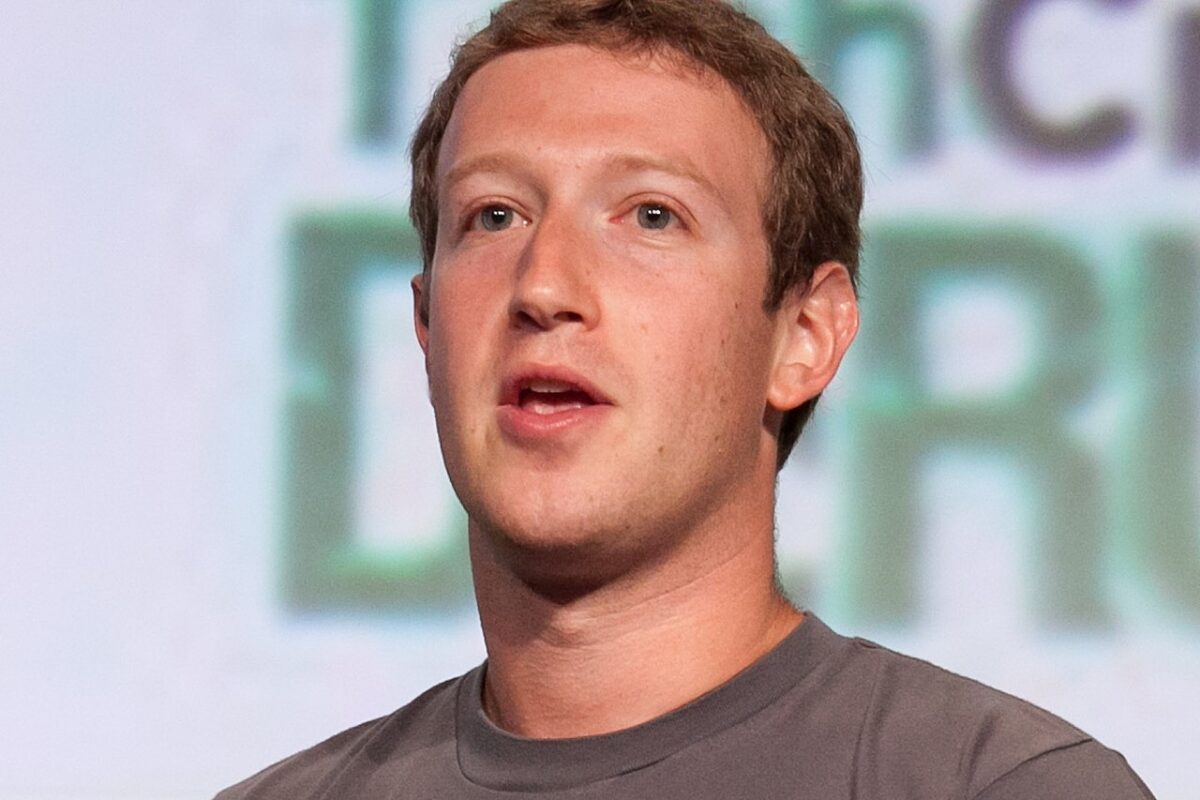Mark Zuckerberg finally got it right.
At long last the chief executive officer of Facebook has cracked down hard on the scourge of Holocaust denial.
On October 12, he announced that Facebook will ban posts that deny or distort the Holocaust and will direct users to reliable sources, rather than antisemitic sites, dealing with this unprecedented tragedy.
With this belated announcement, Zuckerberg has come a long way.
For years, Jewish organizations pleaded with him to expunge hate sites from Facebook, a social networking service based in Menlo Park, California, and used by hundreds of millions of people around the globe.

Zuckerberg always demurred, finding this or that lame excuse to maintain the untenable status quo.
While he acknowledged that Holocaust denial is “deeply offensive,” he incorrectly claimed that Holocaust deniers were not driven by malevolent intentions. As he put it, “I don’t believe that our platform should take that down because I think there are things that different people get wrong. I don’t think that they’re intentionally getting it wrong….”
On another occasion, he falsely argued that the most effective way to fight “offensive bad speech” was with “good speech.”
Whatever arguments he deployed, Zuckerberg always said he did not want to be an arbiter of free speech.
Fair enough. But until now, he simply did not grasp that Holocaust denial is a more subtle, yet equally insidious, form of antisemitism.
As the Anti-Defamation League correctly pointed out “In the decades since World War II, a small group of antisemites have repeatedly attempted to cast doubt on the facts of the Holocaust as they pertain to its Jewish victims. They claim that Jews fabricated evidence of their own genocide in order to gain sympathy, extract reparations from Germany and facilitate the alleged illegal acquisition of Palestinian land for the creation of Israel.
“This phenomenon, known as Holocaust denial, is founded on stereotypes of Jewish greed, malevolence, and scheming, and on the belief that Jews are somehow able to force massive institutions — governments, Hollywood, the media, academia –to promote an epic lie. Many Holocaust deniers, especially in the early years of the movement, were overt white supremacists and Nazi sympathizers. Now Holocaust denial appears to have become more widespread.”
Belatedly, Zuckerberg now understands why Holocaust denial is so dangerous and why Holocaust deniers should be denied access to Facebook.
As he explained in his post, “Today we’re updating our hate speech policy to ban Holocaust denial. We’ve long taken down posts that praise hate crimes or mass murder, including the Holocaust. But with rising antisemitism, we’re expanding our policy to prohibit any content that denies or distorts the Holocaust as well. If people search for the Holocaust on Facebook, we’ll start directing you to authoritative sources to get accurate information.
“I’ve struggled with the tension between standing for free expression and the harm caused by minimizing or denying the horror of the Holocaust. My own thinking has evolved as I’ve seen data showing an increase in antisemitic violence, as have our wider policies on hate speech. Drawing the right lines between what is and isn’t acceptable speech isn’t straightforward, but with the current state of the world, I believe this is the right balance.”

In a separate post, Facebook’s vice-president of content, Monika Bickert, wrote that “our decision is supported by the well-documented rise in antisemitism globally and the alarming level of ignorance about the Holocaust, especially among young people.”
She was referring to a recent poll that pointed to an abysmal lack of knowledge about the Holocaust among Americans under the age of 40. Shockingly enough, more than 10 percent of respondents believed Jews had caused the Holocaust, while half of respondents said they had seen Holocaust denial online.
One would like to think that Facebook came to its senses due to these compelling reasons. But its journey to level-headedness was actually more tortuous and, perhaps, more self-serving than Zuckerberg might admit.
This past summer, several human rights organizations, notably the Anti-Defamation League and the NAACP, organized a boycott of Facebook endorsed by 1,000 companies, some of which are major corporations. They agreed to pull advertising off Facebook for at least one month to protest its lackadaisical position with respect to hate speech, including Holocaust denial. This must have cost Facebook a pretty penny.
In addition, the Conference of Jewish Material Claims Against Germany, which coordinates restitution and reparations payments for Holocaust survivors, launched a campaign, #NoDenyingIt, in which survivors asked Zuckerberg by way of videos to take action against Holocaust denial.
Jewish organizations, such as the World Jewish Congress and the American Jewish Committee, issued appeals to Facebook as well.
The strategy of moral suasion and economic pressure worked. Zuckerberg came to the realization that Holocaust denial has no place whatsoever on Facebook.
Facebook’s volte-face marks a significant turning point in social media’s attitude toward the dissemination of hate mongering.

As David Harris, chairman of the American Jewish Committee, said, “With knowledge of the systematic Nazi murder of six million Jews waning in the United States and around the world, particularly among young people, the power and credibility of Facebook are vital to preserving the facts of the most documented genocide in history, and helping maintain the guardrails against any possible recurrence.”
Touche.
